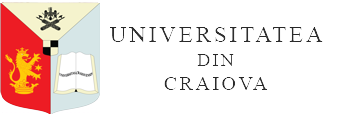RESISTANCE OF THE NEPTUNE APRICOT VARIETY TO LATE FROSTS
DOI:
https://doi.org/10.52846/bihpt.v28i64.109Keywords:
Prunus armeniaca, thermal shock, temperatures,, flower budsAbstract
The Dobrogea region is a favorable area for apricot culture, this species ensuring relatively uniform production over the years. However, the temperature variations in the long and cold springs influence the production of certain apricot varieties in operation. The Neptun apricot variety studied in recent years showed and proved a uniformity in the given productions even though the late frosts were more and more frequent. Low temperatures affect apricot plantations, causing irregularities in the regularity of fruit production and their quality, gummy leaks and awareness of trees to the attack of apricot-specific pathogens. The research was conducted in a orchard of apricot aged 9 years, located at 18 km away from Constanta. Trees planted at a distance of 4x4m were studied during the vegetation season paying particular attention to resistance to low temperature. In the winter of 2019, temperatures in winter decreased to -14 degree C and produced losses of flower buds. In the spring of 2020, the ‘Neptun’ variety bloomed well, 80% of flower buds being resistant to negative temperatures from winter. In 2021 was a warm winter but the temperature decreased in January to -14 degree C and the trees suffered a thermal shock. Following, resistance to frost decreased and the percentage of flower buds affected was 84,8%. In 2022 ‘Neptun’ variety was not affected. In February of 2023 were, recorded temperatures of -10 degrees C associated with very cold wind, the flower buds were affected in 80,6%.


